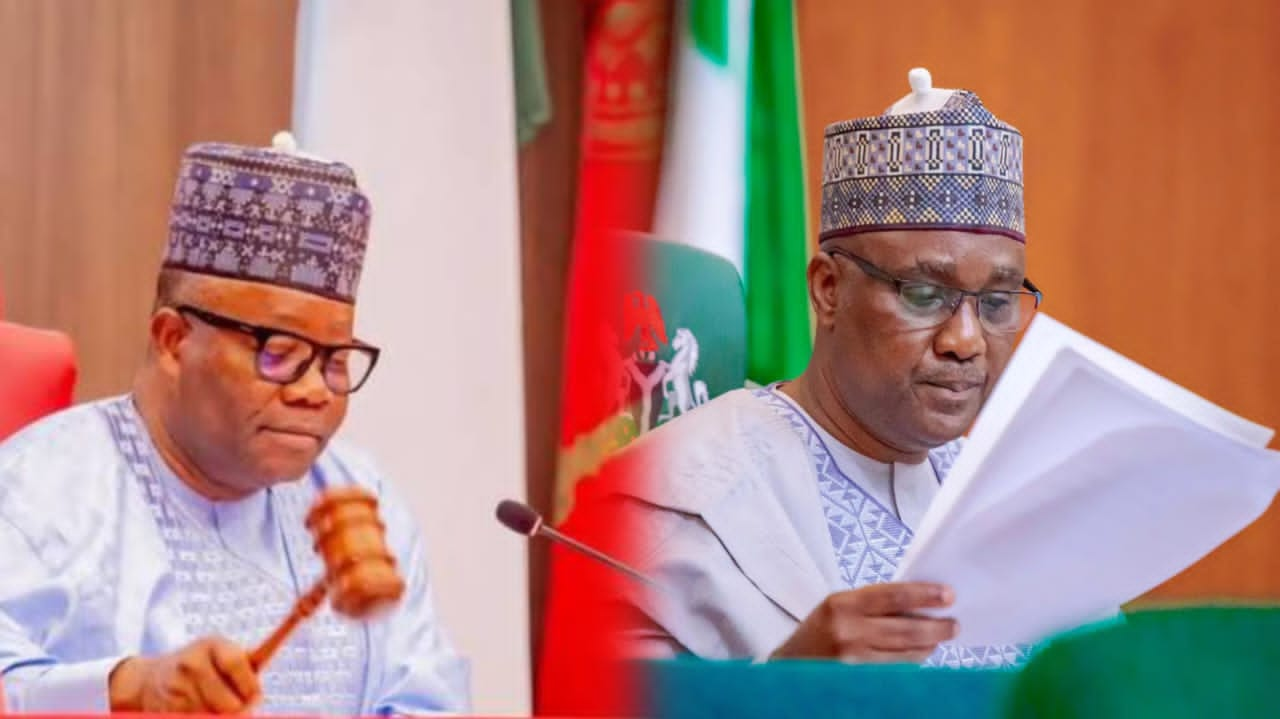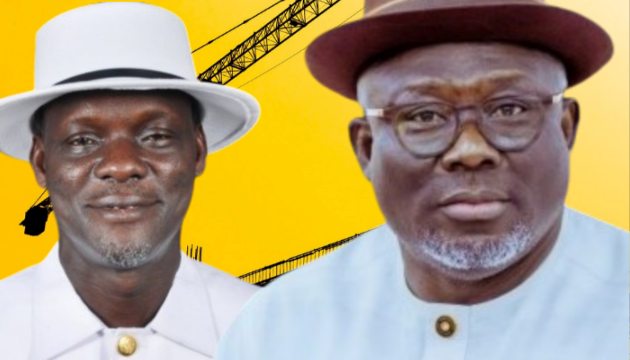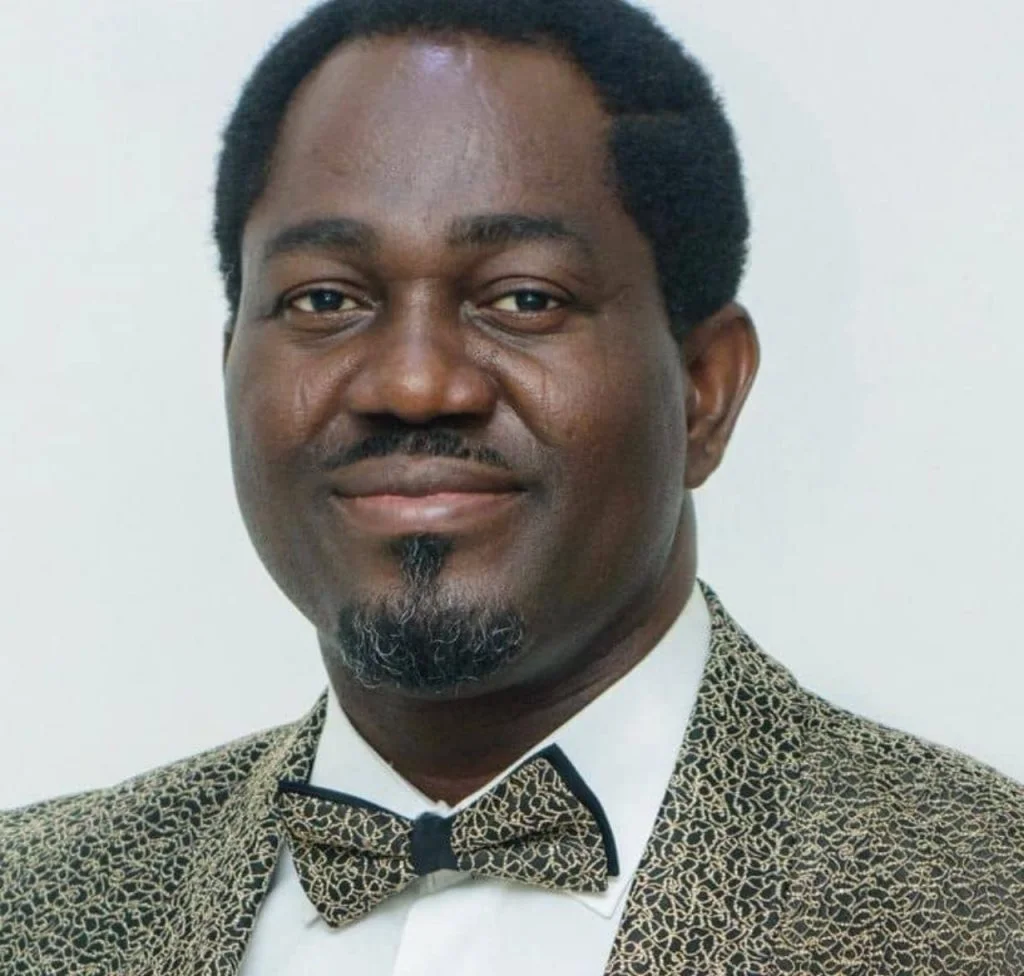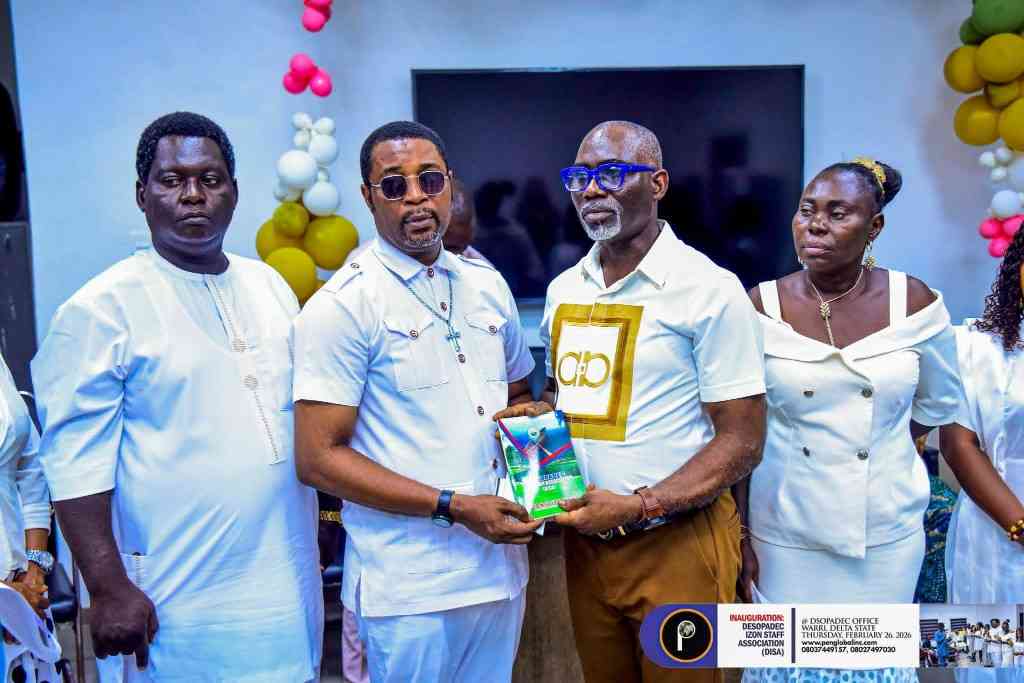EXPOSITION: Wellington could have enriched himself — Pa. Ogio Okirika's Testimony on Mr. 13%
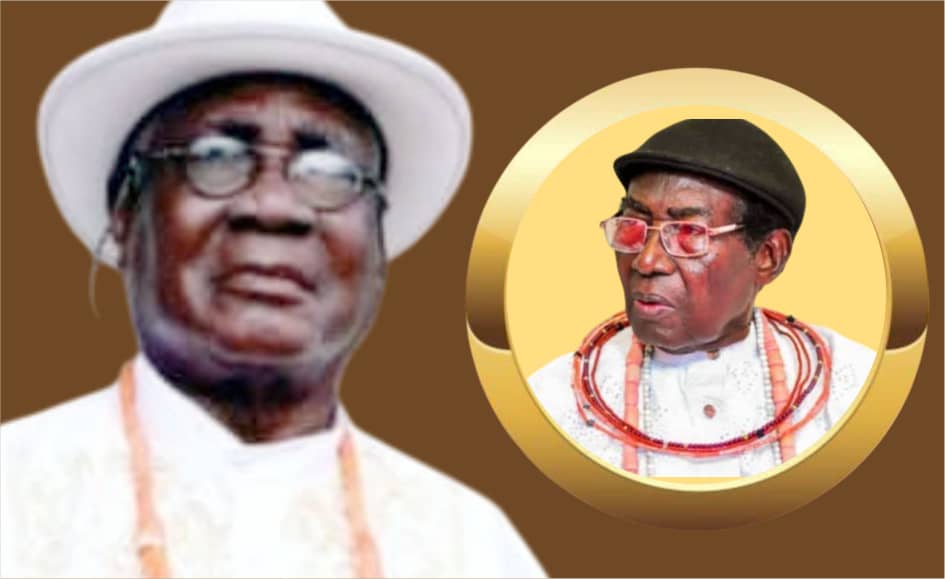
In the book titled, "Mr. 13% Derivation Fund: The Life and Legacy of Chief (Dr.) Wellington O. Okirika CON", authored by Amb. Dr. Jerry Abiri—that chronicles the advocacies of Chief Chief (Dr.) Wellington O. Okirika (JP) for a better deal for the Ijaws and host communities—abound various testimonies from families, friends and associates on the exploits of the Bolowei of the ancient Gbaramatu Kingdom and the pioneer chairman of Delta State Oil Producing Areas Development Commission (DESOPADEC), that gave birth to the popular 13 per cent Derivation Fund.
Among one of such testimonies is that of Pa. John Akunojuya Ogio-Okirika (of blessed memory), the Amaokusuwei of Benikrukru community and elder brother of the Bolowei. Below is an extract of his testimony as culled from the book that was launched in Warri during the 83rd birthday celebration of Mr. 13% (as Chief Okirika is fondly called) on Thursday, June 26, 2025. Excerpts:
"I was born in 1929. Wellington—our father's last child—arrived thirteen years later, in 1942. When our father died in 1947, Wellington was five, and the burden of his future fell on our widowed mother and our indomitable aunt, Madam Ebiara.
"She insisted the boy must be educated. She sent him first to Baptist Primary School, Ogidigben, then to our cousin, Eki Odu, so he could continue in Irrua (Edo State). In 1956, I brought him to Irrua myself, where I worked with the Ministry of Agriculture. He sat the entrance exam for the brand new Ishan Grammar School, and of course, passed. Six years later, he left as the college's pioneer Senior Prefect—already known for his discipline, restless energy, and an hatred of injustice.
"After a forestry diploma in Ibadan and a BSc in 1971, Wellington entered the civil service, rising quickly to Assistant, then Conservator of Forests. Yet his conscience pulled him beyond bureaucratic timber quotas. Oil was gushing from Ijaw soil, while Ijaw villages remained in darkness. Derivation for cocoa states stood at 50%, but the Delta was offered only crumbs. He began to agitate—quietly at first, then openly. By 1975, hostile officials were setting traps. I advised him to resign before they sprang. He walked away clean and crossed the river into full-time struggle.
"That choice made him "Mr. 30%." His calm but relentless lobbying, from Bendel to Abuja, secured the principle that oil-producing states must receive a direct share of revenue. He later chaired the newborn Delta State Oil Producing Areas Development Commission (DESOPADEC), channeling funds into rice and cassava estates, free medical missions, jetties, schools, and scholarships. He could have enriched himself. Instead, he built only a modest house and poured money back into communities, infuriating those who preferred easy profit.
"The fire in him was inherited. Our father once fought colonial officers in court over a ban on local gin and won. Wellington turned that same defiance into modern politics. Where I waged lawsuits against Chevron for 11 years, he waged diplomacy, unearthing a forgotten colonial file—"CAB 19 of 1952"—that provided Ijaw lands were never under Itsekiri rule. That single document unlocked independent kingships for dozens of Delta communities.
"At eighty, he still bristles when youths want reward without effort. "Education First," he tells them. He has paid teachers' college fees, sent students overseas, and insists the next generation push further than the last. To me, he is still the obedient boy our aunt rescued, yet the nation knows him as a lion. He preserved Nigeria's unity by proving justice can be won without bloodshed; he preserved Ijaw's dignity by refusing to yield to intimidation.
"May God grant him years enough to finish the freedom he began."
#penglobalexposition #testimonial #ChiefWellingtonOkirika #Gbaramatu #Delta
